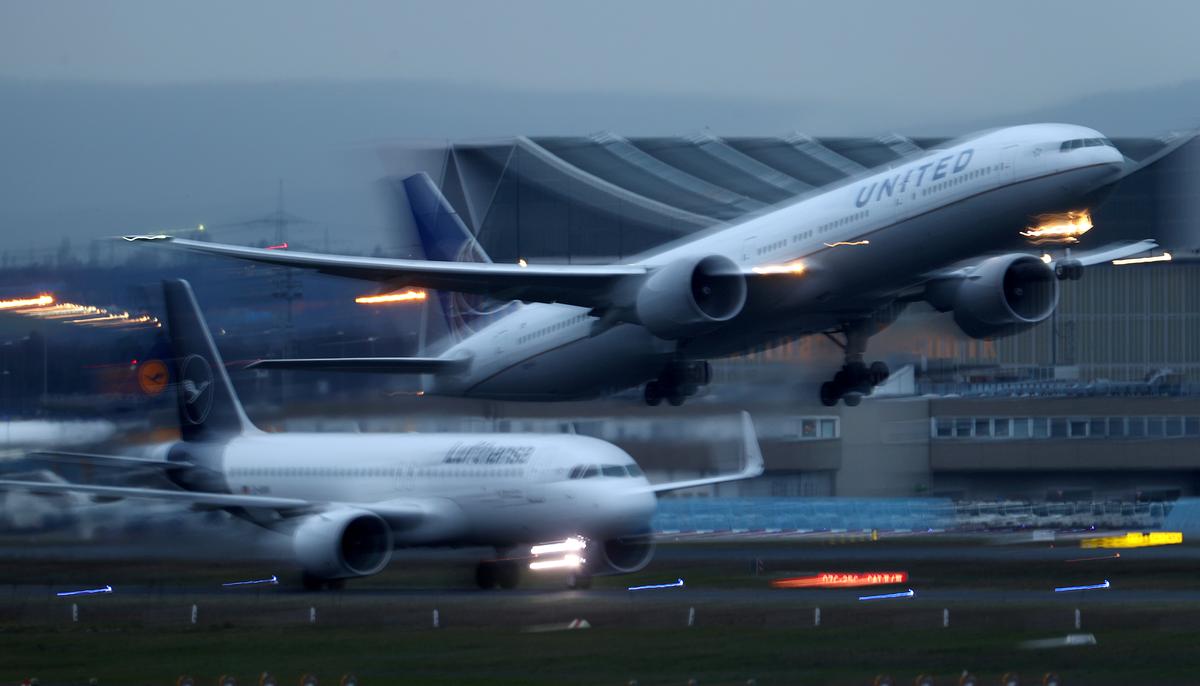CHICAGO/PARIS (Reuters) – Airlines on Thursday appealed for urgent government financial support as U.S. carriers rushed to cut flights to Europe in the wake of new U.S. travel restrictions aimed at combating the coronavirus outbreak, while United Airlines warned of U.S. travel disruption as the virus spreads domestically.
The International Air Transport Association (IATA), a global industry group representing airlines, called on governments to consider extending lines of credit, reducing infrastructure costs and cutting taxes.
U.S. travel curbs on much of continental Europe announced by President Donald Trump on Wednesday evening deepened the sector’s misery that began after the virus emerged in China late last year and reduced traffic.
“Without a lifeline from governments we will have a sectoral financial crisis piled on top of the public health emergency,” said IATA Director-General Alexandre de Juniac.
And with more cases emerging in the U.S., United’s CEO and President told employees they expect “the need to mobilize an effective response in more places will increase.”
United will continue flying its U.S.-European schedule through March 19, but in April it will only run 34 daily flights versus 63 planned initially, a spokeswoman said.
Stock markets battered airlines amid growing concerns about the sector’s financial viability.
Norwegian Air (NWC.OL) said it would cut 4,000 flights and temporarily lay off up to half of its employees due to the coronavirus outbreak, while Delta Air Lines (DAL.N) said it would cancel flights on eight U.S. routes to Europe after Friday.
U.S. airports told the White House they expected to lose at least $3.7 billion this year – an estimate made before the latest European restrictions.
The 30-day U.S. restrictions will badly disrupt transatlantic traffic key to the earnings of major European carriers and their U.S. airline partners, analysts warned.
Those routes account for 20-30% of large European operators’ revenue and a majority of profit, Credit Suisse analyst Neil Glynn warned, “highlighting the damage to revenue lines for the coming weeks and potentially well into the summer.”
Glynn added that airlines would likely be forced to make heavier cuts than the drastic capacity reductions ordered as airlines scrapped flights – first to China and then to other destinations including Italy

